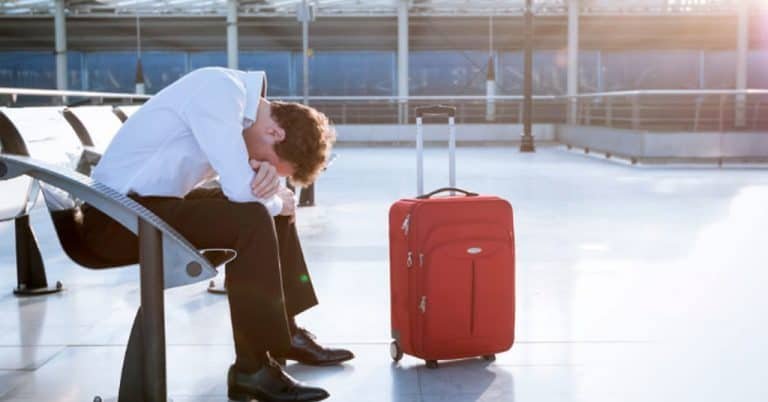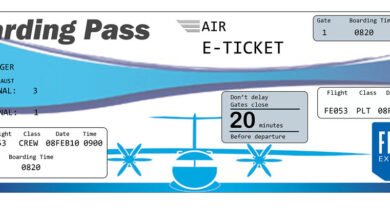
Denied Boarding (DNB) is a term used in the aviation industry to describe situations where a passenger is not allowed to board their scheduled flight, despite having a confirmed ticket and arriving on time at the gate. This can occur for various reasons, but it is most commonly associated with overbooking, a practice where airlines sell more tickets than available seats, anticipating some passengers may not show up.
Common Reasons for Denied Boarding
- Overbooking:
Airlines often overbook flights to maximize revenue, as some passengers may cancel or miss their flights. However, if all booked passengers arrive, there may not be enough seats available. - Document Issues:
Passengers without the required travel documents (passport, visa, etc.) may be denied boarding. - Check-In Delay:
If a passenger arrives late at the check-in counter or boarding gate, the airline may deny boarding to avoid delaying the flight. - Security Concerns:
Airlines may refuse boarding if a passenger is flagged for security reasons or poses a safety risk. - Operational Issues:
Changes in aircraft size, maintenance problems, or weather-related issues may lead to fewer available seats.
Passenger Rights When Denied Boarding
Airlines are required to compensate passengers in certain situations of denied boarding. These rights vary depending on the region:
- European Union: Under EU Regulation 261/2004, passengers are entitled to compensation ranging from €250 to €600, depending on the flight distance and delay caused.
- United States: The U.S. Department of Transportation mandates compensation of up to $1,550 for involuntary denied boarding, depending on the delay.
- Other Countries: Compensation policies vary; passengers should check with their airline or local aviation authority.
Steps to Take if You’re Denied Boarding
- Stay Calm:
Understand the reason for denied boarding and discuss options with airline staff. - Request Compensation:
If it’s an overbooking issue, ask for the compensation you’re entitled to under local regulations. - Alternative Arrangements:
Request the airline to rebook you on the next available flight. Some airlines may also offer hotel stays or meal vouchers for long delays. - Know Your Rights:
Familiarize yourself with local aviation regulations and airline policies. - Keep Documentation:
Retain your boarding pass, ticket, and any written communication from the airline for future claims.
Preventing Denied Boarding
To reduce the likelihood of being denied boarding:
- Check In Early: Arrive at the airport and gate well before the closing time.
- Confirm Your Reservation: Ensure your booking is confirmed and double-check seat assignments.
- Carry Valid Documents: Verify that you have all the necessary travel documents.
- Join Loyalty Programs: Frequent flyers often receive priority boarding and are less likely to be bumped.
Conclusion
Denied boarding can be frustrating, but understanding your rights and the reasons behind it can help you manage the situation effectively. By staying informed and prepared, you can minimize the chances of this inconvenience and handle it confidently if it occurs.



